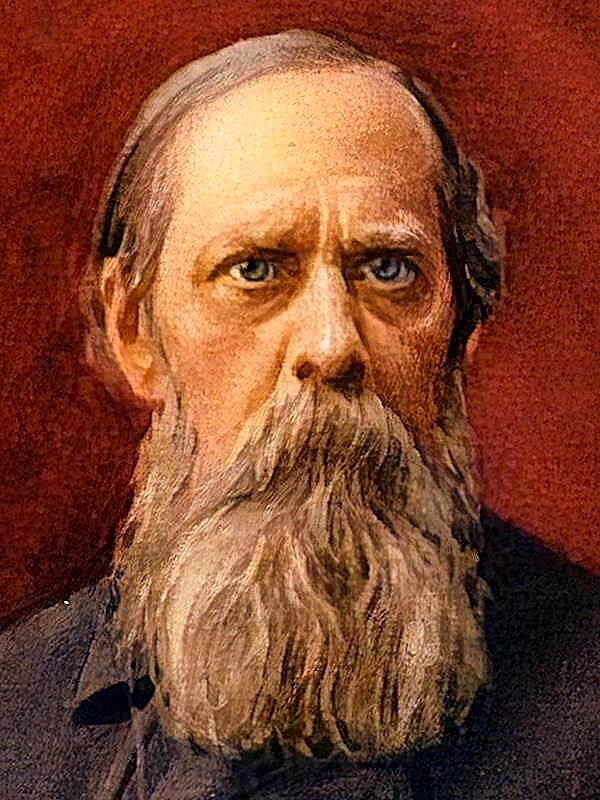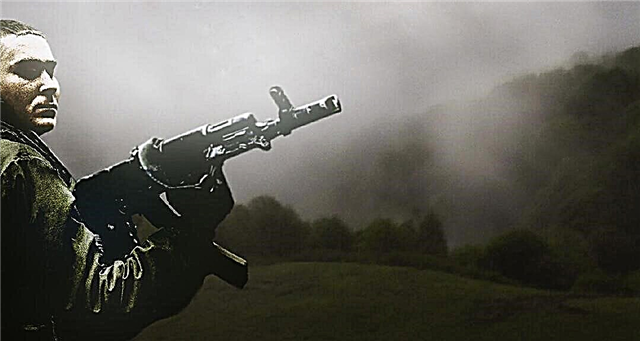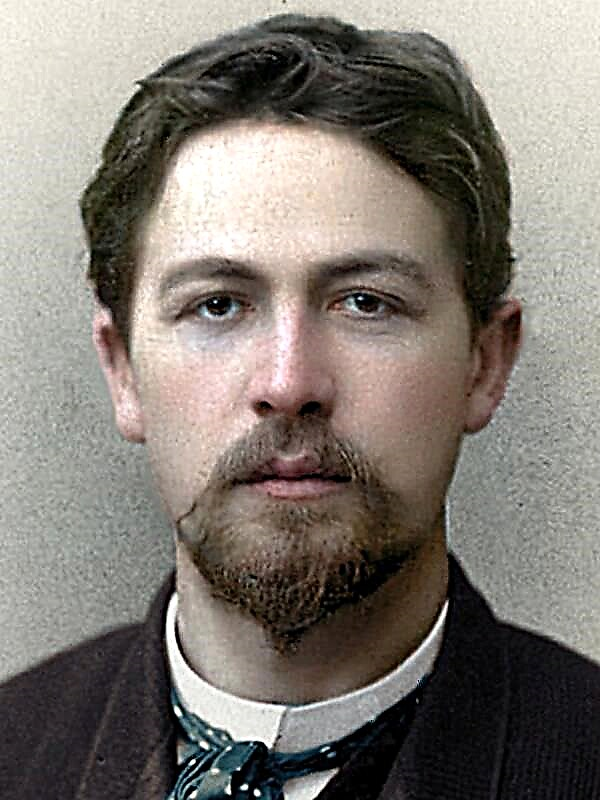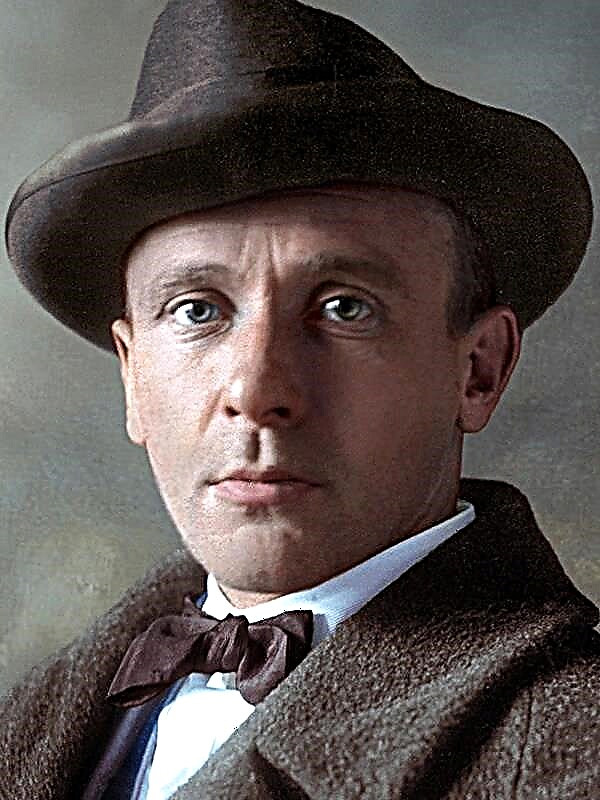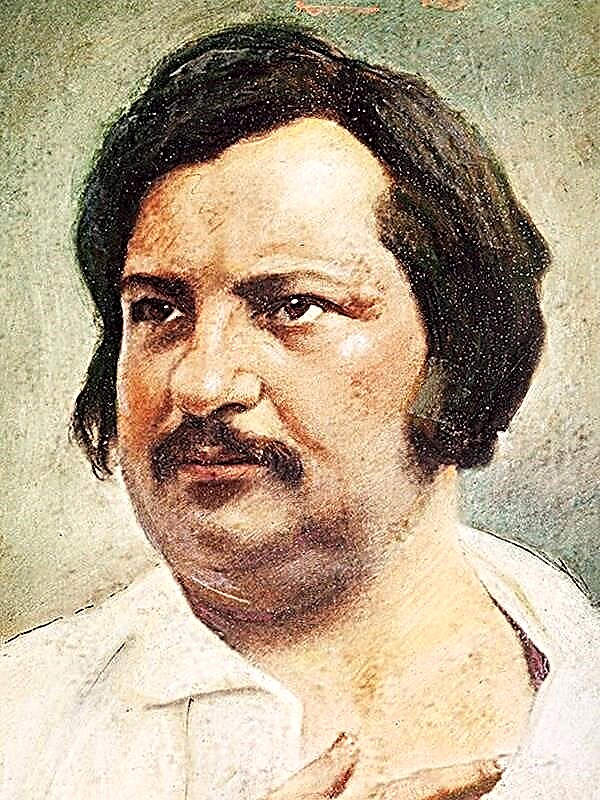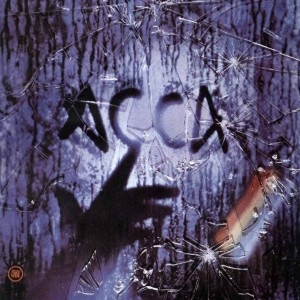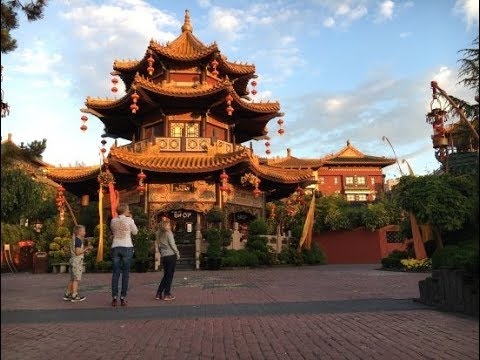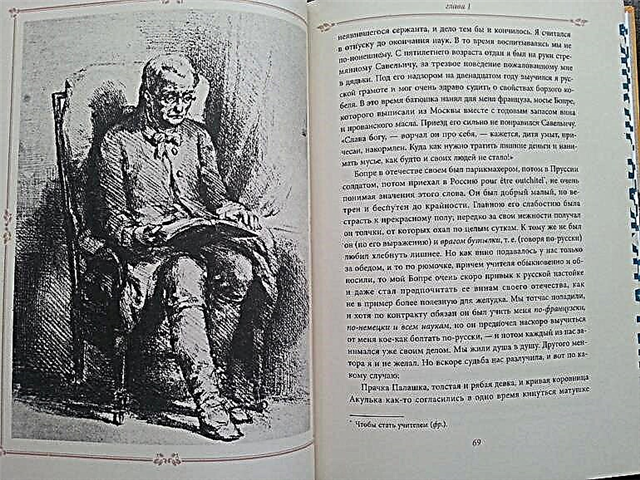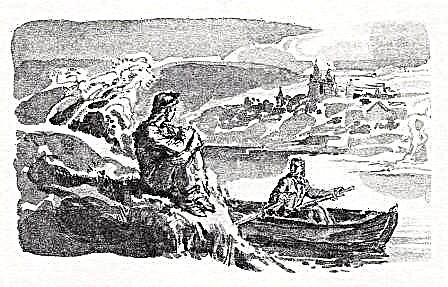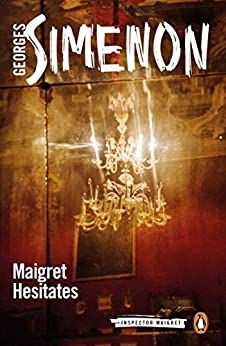(354 words) Roman L.N. Tolstoy's “War and Peace” is the most voluminous work in the school curriculum. It reflected many of the thoughts and views of the author, who not only summarized the historical events, but also evaluated the historical process as a whole. It is difficult to fit all of his revelations into one formula: he talked about this for that reason. One can only try to reduce his conclusions and express their essence.
First, the author extolled the role of the family in human life. In his opinion, it is she who determines the personality, the happiness and grief of a person depend on it. So, Pierre searched for himself for a very long time and fell under various influences, because he grew up without a family. His father was a gentleman, his mother was a peasant, and he was not recognized as equal by high-ranking relatives until his father died. Deprived of positive influence, he could not adapt in society and more than once was a victim of deception.
Secondly, Tolstoy declared the superiority of the people over his superiors and that ordinary people govern history, and not emperors and generals. Battles were won by their forces, but they save themselves or destroy, while the authorities pretend that they are doing something. It is impossible, according to the author, to control hundreds of people, and as a result, the will of everyone forms a wave, and the event takes on a spontaneous character. Not a single commander in the novel could change the course of the battle, because the orders were not executed. Most of them were simply impossible to execute.
Thirdly, the writer condemns secular society and extols the people who suffered the hardships of war, but nevertheless put the salvation of their homeland above their own good. People from the highest nobility showed only false patriotism and thought about awards and ranks. They saw in the war only an opportunity to advance in service and find profit. The author considers Plato Karataev, an ordinary soldier, whose wisdom helped Pierre to find harmony with himself, as the ideal person.
Of course, in the novel there was a place for patriotism and praise of the Russian spirit. The author usually ridicules the Germans, points out the duplicity and slander of the French, but against their background portrays virtuous, sincere, and sympathetic Russians who always find the right solution by intuition, and not by reason.
Thus, the author expressed his opinion on each of the points mentioned, and in this expression lies the idea of the work. This is not to say that the novel is about one thing. It is about everything at once, and this makes it truly multifaceted and interesting for a thoughtful public.

